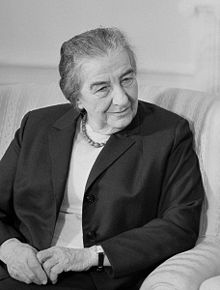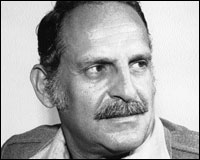Dr. Ruth
Karola Ruth Siegel was born in Germany to an Orthodox Jewish family. Orphaned by the Holocaust, she migrated to Israel at 17 and joined the Haganah defence force, fighting in the 1948 War of Independence as a sniper (“For some strange reason,” she says, “I can put five bullets into that red thing in the middle of the target.”) After recovering from injuries sustained by a nearby exploding shell, Ruth studied psychology at the University of Paris. From there she immigrated to the U.S., receiving a PhD in human sexuality. In 1980, she was invited to do a 15-minute radio segment discussing sex. That transformed into one of the most popular radio shows of all time, featuring “Dr. Ruth”, which quickly became a household name. Later a television program, Dr. Ruth remains the most well-known sex therapist in America. She wrote several popular books on the subject, taught at Princeton and Yale, won a Leo Baeck Medal for humanitarian work, and still belongs to two Manhattan synagogues.
Words of the Week
An honest man, armed with all the knowledge available to us now, could only state that, in some sense, the origin of life appears at the moment to be almost a miracle.
– Francis Crick, Nobel Prize-winning discoverer of DNA structure



